As homeowners continue to view their outdoor living space as an extension of their home, more of them are taking what is commonly found indoors outside, including showers.
While to most, showering outdoors may seem awkward or unnerving, these additions have proven to be a luxury that is both useful and relaxing if installed correctly. If you’re curious about offering outdoor showers as a service, here are some of the main factors to keep in mind.
Popularity
Some sensations will sweep the nation, but others will only be wildly popular in areas that are suitable for them. The success of selling outdoor showers is one of the services that greatly depends on what region you’re working in.
For Strata Landscape Architecture, based in San Francisco, California, almost all of its projects in Hawaii feature an outdoor shower, and the company recently started integrating them into their California gardens after the success in Hawaii.

Photo: Strata Landscape Architecture
“It really depends on the location,” said Dustin Moore, a partner at Strata. “(It’s) definitely popular in Hawaii and Southern California. Most of the outdoor showers in Northern California are related to the pool as a wash off the area and not located in shower gardens like our Hawaiian projects.”
Meanwhile, locations like Virginia are also popular for outdoor showers, as they typically have a good climate for outdoor living during much of the year.
Anna Boeschenstein, a landscape architect and owner of Grounded, LLC based in Esmont, Virginia, says that owners like outdoor showers because they are a luxury item that can be done without significant extra cost. In fact, she is in the midst of building one at her own house, noting it comes in handy for life in the country.
“I think they are becoming more popular,” Boeschenstein said. “As people experience outdoor showers at friends’ houses or vacation rentals, they are hooked and then want one at their own house. Isn’t an outdoor shower at the end of the day one of the best things about beach houses?”
Usage
Depending on how your client plans on utilizing their outdoor shower, certain design aspects can be greatly affected, so be sure to discuss this with them.

Photo: Strata Landscape Architecture
This also may differ by regions, as they are primarily used as showers in Hawaii but are more a wash off station in areas like California and Virginia.
If your client is uncertain how they want to use their shower, inform them that some local codes require showers to drain into a sanitary sewer drain or septic if they plan to use it for bathing, while those that are for pool wash off generally do not have this requirement.
There are other codes that require drains that lead to sanitary or septic to be covered by a roof, and permitting is by locale, so they need to look into local and state regulations to see what limitations or regulations they must follow, depending on the type of shower they’re wanting to install.
If your customer is only wanting the shower for washing off sandy feet or dirty dogs, they can opt for cold water only, keeping things inexpensive and simple. If they do indeed want to take showers outdoors, then you need to determine if they want hot water and what kind of amenities they need nearby including benches, soap holders and towel racks.
Privacy
Probably the paramount element to consider if your client does want to bath outdoors is how you will achieve privacy for them without making them feel like they are basically indoors.
The location of the shower, which we’ll cover shortly, plays a part in how you can go about providing privacy for your customer. It’s important to have it tucked away from prying eyes, but you still want the user to have a view.

Landscape architecture by Anna Boeschenstein/groundedllc.com. Architecture by Formwork Photo: Lincoln Barbour
“It depends upon the site, but planting, screens or walls all make great containment for outdoor showers,” Boeschenstein said. “What I do require, however, is a window or opening at eye level. There’s nothing better than being able to look out at a framed view while you shower outdoors.”
Moore says his company typically uses a series of fences or walls to screen a shower. Some have fences at a lower height, so the individual can look out while their bodies are covered.
“That requires measuring a client like they are getting a suit to ensure the amount of the body is covered with the fence,” Moore said. “The showers that are part of a guest suite are normally walled on all sides with trees strategically placed to block views into the private space.”
Moore says that poolside showers can be a little tricky when it comes to seclusion.
“We have a discussion with our clients about how the shower will be used and how private they want the space,” he said. “Some showers have a fence or screen to block views in from the pool while some directly face the pool. I have to admit that the ones that face the pool do feel a little exposed.”
Location
As for the best location for an outdoor shower, this varies based on the site and privacy needed, as mentioned earlier, as well as other factors.
“I think the best spot is somewhere secluded with a wonderful view,” Boeschenstein said. “The location should be accessible via a paved surface to the interior of the house. You want to be able to walk barefoot without tracking in grass clippings and you’ll use it more frequently and all months of the year if you’re not worried about getting cold en route.”

Photo: Strata Landscape Architecture
Outdoor showers should be located somewhere that gets a lot of direct sun, as this not only makes the activity more enjoyable but keeps the shower walls and floor drier, preventing mold and rot.
Depending on if your client wants a hot faucet may also determine how far the shower can be from the house, as they’ll need to tap into their home’s hot-water supply. Outdoor showers in colder areas should have a water shutoff valve inside and have the pipes blown out to avoid water freezing in the pipes.
Keep drainage in mind as well when selecting the site for your customer’s outdoor shower. Even if they don’t plan to use it for bathing, you need to ensure that the water is running off away from the structure. If the homeowner’s soil is well-draining, you can let it seep into the landscape as long as the shower isn’t too close to the house’s foundation or used too often.
If the ground takes more than five minutes or longer to absorb water poured on it, you may want to suggest installing a French drain or dry well to divert runoff.
“They do not require a pan system like an interior shower,” Moore said. “We recommend using a mortar and grout with a latex additive to help seal the mortar, as the bed can cause effloresce. On our modern gardens, we try to avoid using any metal drains and use a trench or channel drain at the shower.”
Installation
When it comes to the installation, Boeschenstein advises leaving it to the professionals and hiring a licensed plumber.
Typically, there aren’t any common issues with outdoor showers if the shower and water lines are built and insulated properly. However, the showers do need to be rated for outdoor use.

Photo: Strata Landscape Architecture
“We generally use stainless steel, copper or bronze for the material,” Moore said. “We have found that 304 stainless steel will rust in a coastal environment and recommend using a fixture made with 316 stainless steel. We have also found that shower nozzles with plastic parts tend to degrade rapidly, especially in a coastal area.”
By using high-grade materials, maintenance can be kept to a minimum.
As for the design of the shower, both Moore and Boeschenstein agree that the architecture of the house should dictate the design themes.
“This approach maintains continuity between the site and house and otherwise you can wind up with a piece-meal landscape,” Boeschenstein said.
When it comes to the price tag for an outdoor shower, it can be all over the place, and a majority of it depends on what your client wants.
“All you really need is a hot faucet, a cold faucet and a shower head,” Boeschenstein said. “The rest is gravy!”
The article was originally seen at https://www.totallandscapecare.com/business-add-ons/how-to-personal-april-showers-to-enjoy-more-flowers/

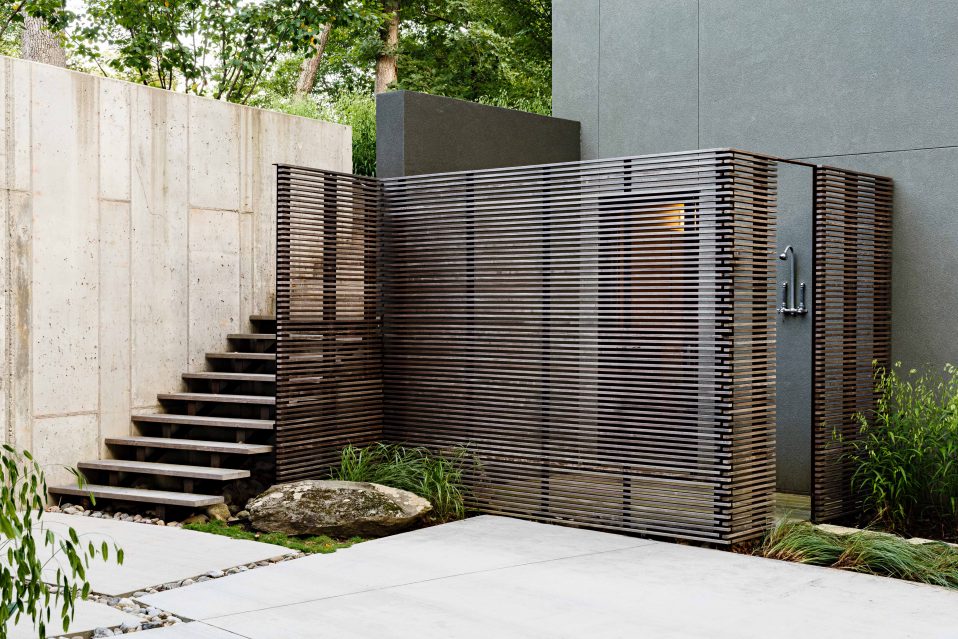
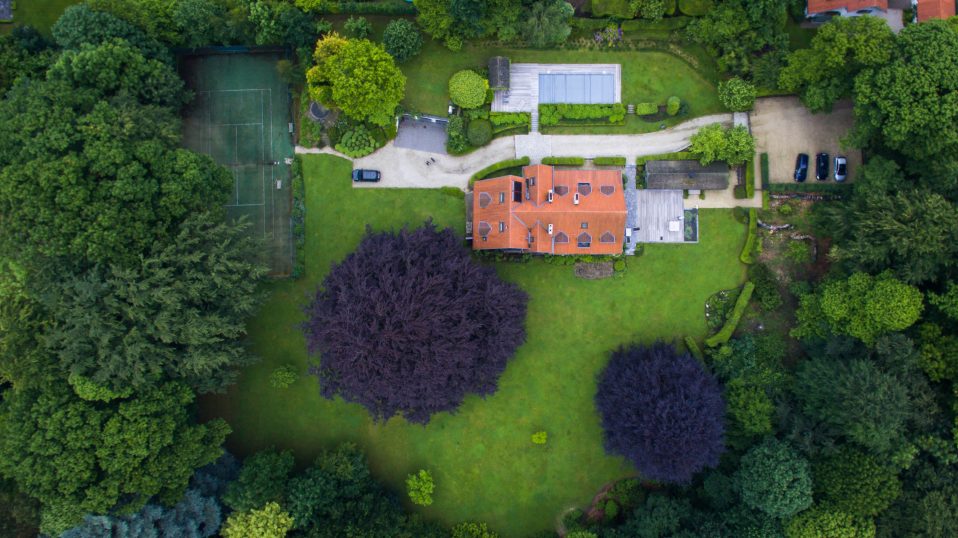
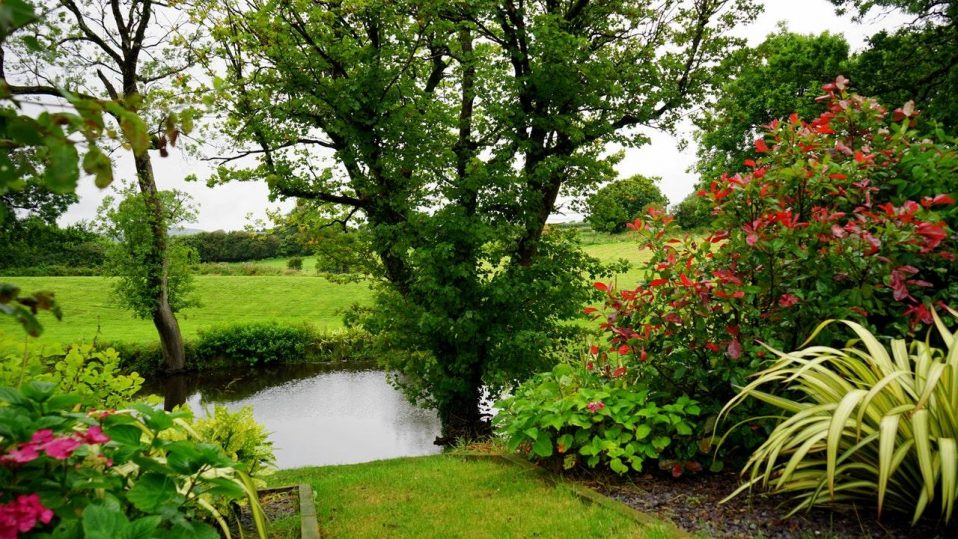
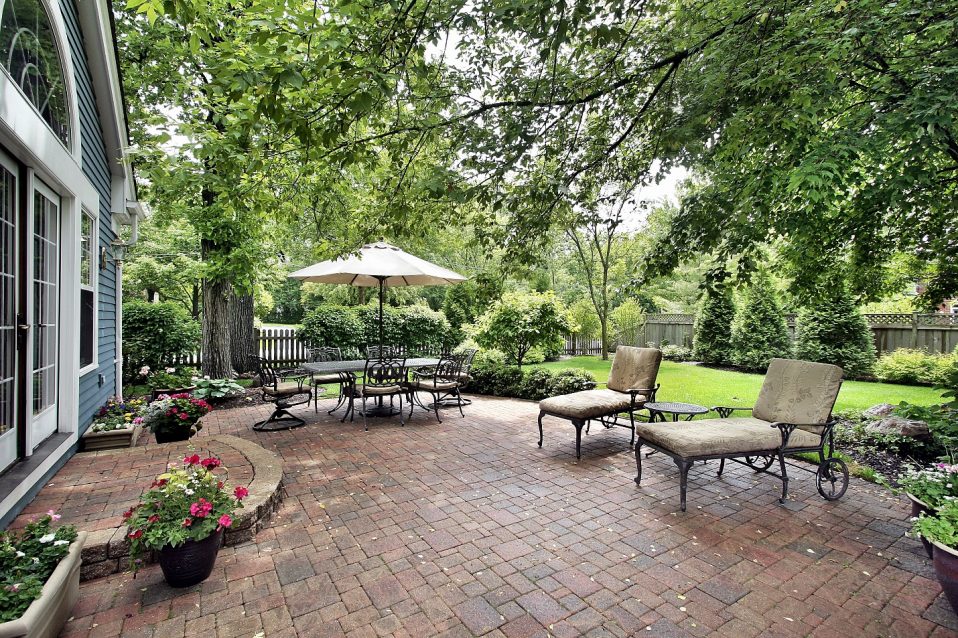

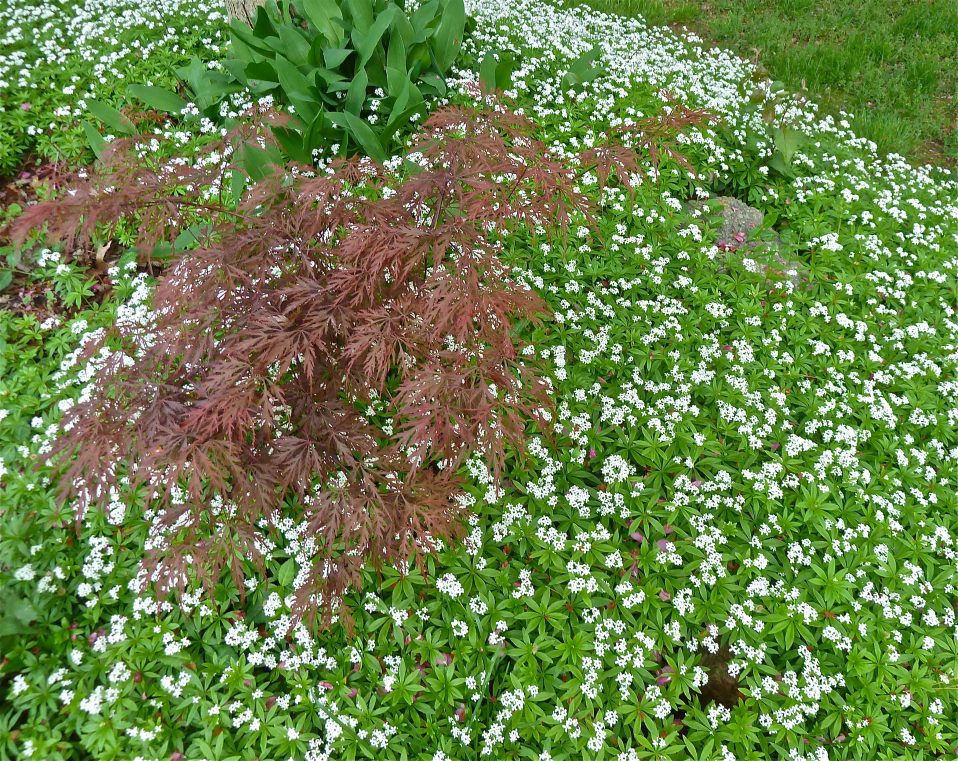
Post a comment